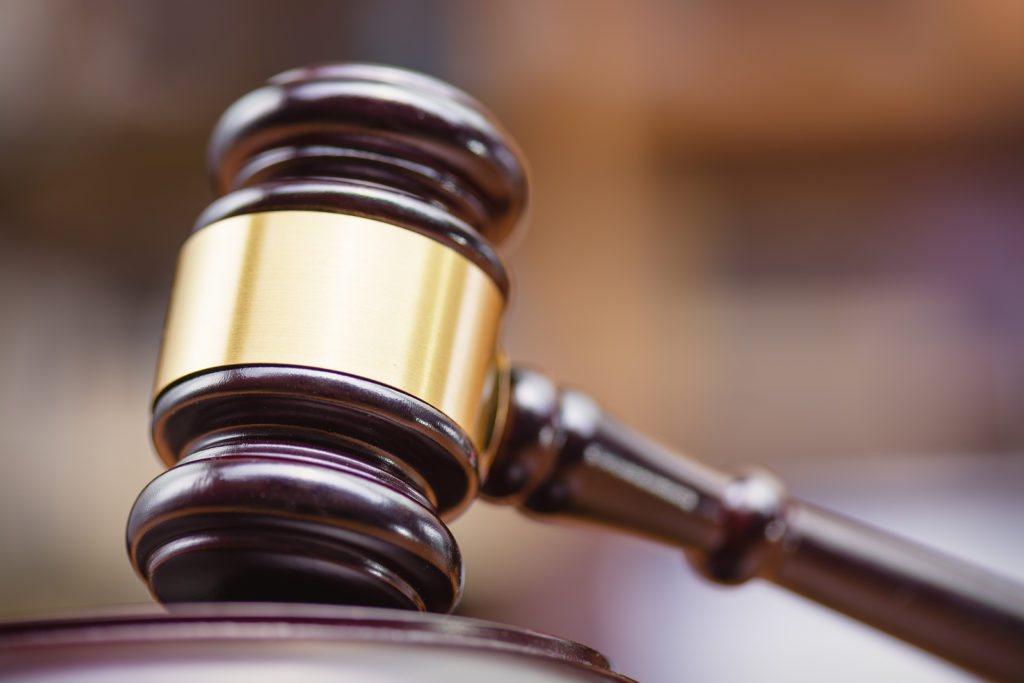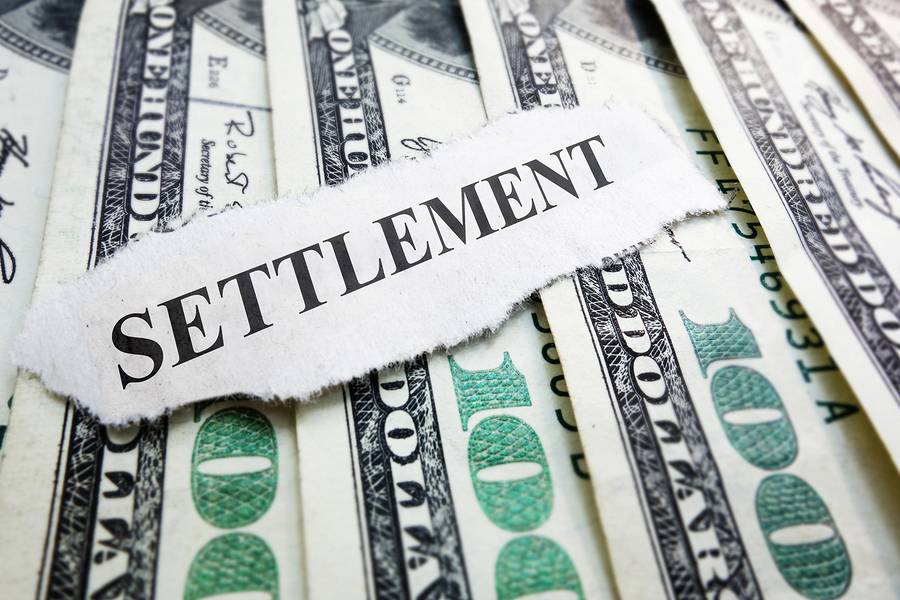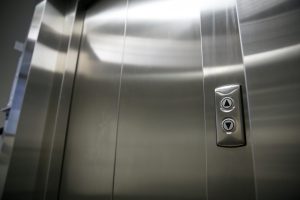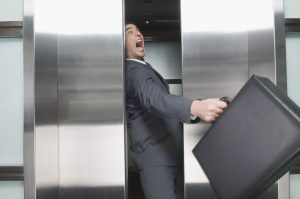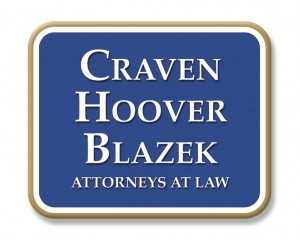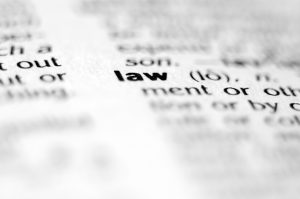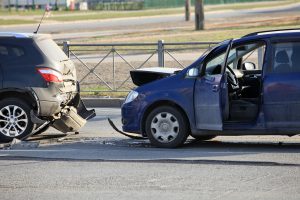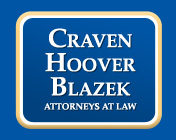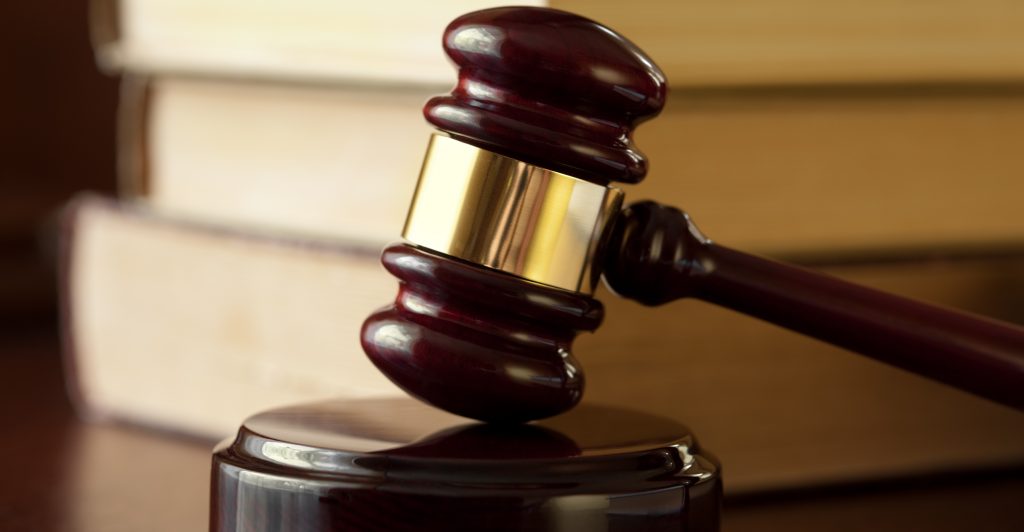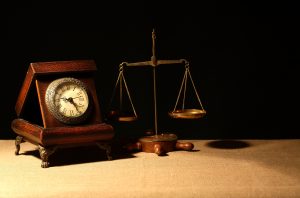After suffering serious injuries and resulting damages in an accident that was not your fault, it is quite normal to feel an onset of emotions and confusion. You and your family are likely full of questions regarding your recovery, losses, financial impacts, physical impacts, and more. To sort through the overwhelming number of questions and concerns running through your head, begin with the basics. This will put you on the right path toward obtaining fair compensation and easing anxiety.
Continue reading to learn the very first questions you should be asking yourself about your personal injury, including how to get started on your claim.
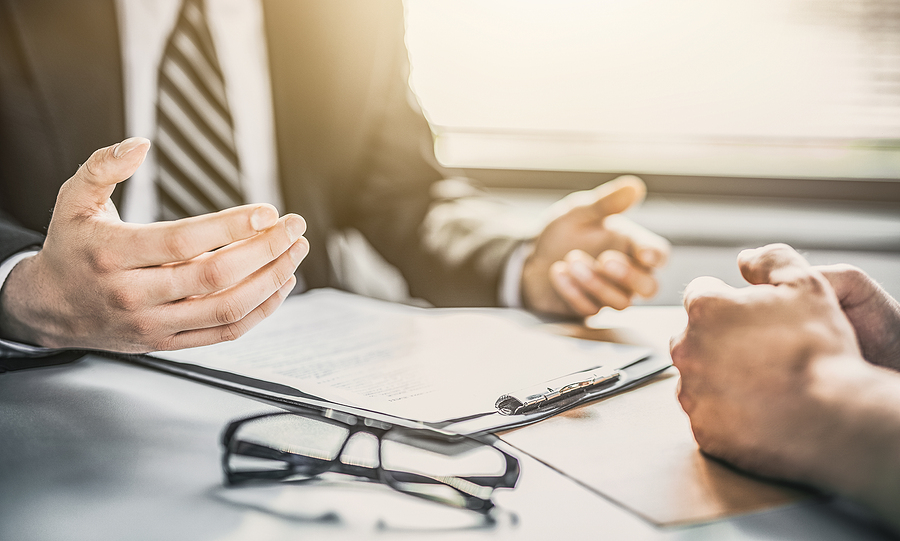
How Much Time Do I Have to File a Personal Injury Claim?
Each state has a set time limit known as a Statute of Limitations in which accident victims can bring about a personal injury complaint against an at-fault party. Here in Indiana, most personal injury cases have a statute of limitations of 2 years, including cases involving car accidents, premise liability, medical malpractice, libel, defamation, slander, assault, battery, and product liability. Cases regarding governmental and school liability have certain limitations that must be met within as little as s6 months to bring a claim so you should obtain an attorney as soon as possible following any injury, not only because of time limitations but because evidence can quickly be lost forever.
Can the Statute of Limitations for My Personal Injury Case Be Extended?
Many accident claimants ask the questions, “Can a personal injury statute of limitations be extended?” The answer is not likely. The reason for time limitations on civil cases is to avoid losing evidence and preventing fraud. If you were hurt in an accident that was not your fault, it is important to seek medical attention right away, follow all doctors’ orders, and retain professional personal injury legal representation. Do these things as soon as you can, and you will not be in jeopardy of running out of time on your claim.
What Can I Be Compensated For?
There are several types of losses a personal injury victim and their families can suffer. Such losses are referred to as damages. Common damages in a personal injury claim include general damages, special damages, and punitive damages. Victims and families of victims can be awarded compensation for hospital bills, medical expenses, lost wages from time off work, pain and suffering, disability, prolonged physical therapy, permanent scarring or disfigurement, loss of ability to work, loss of companionship, and much more.
Can I Be Liable for My Injuries?
This question is important to ask yourself both before and during a meeting with a personal injury lawyer. If you were at all to blame for your accident and subsequent injuries, it will impact your case. If you are not sure if you were to blame for your accident, talk to a personal injury lawyer to learn more about your eligibility to pursue legal action against another party.
How Do I Get My Personal Injury Claim Started?
Your first step to making a personal injury claim is to have your case evaluated by a skilled and experienced accident attorney. They will determine how strong your case is, and whether or not you could be successful in moving forward with filing a complaint in court or a claim with a defendant’s insurance company. Choose a trusted and proven Indiana personal injury law firm that can obtain the maximum settlement or verdict for your accident claim.
What is a Top Personal Injury Law Firm in Indianapolis, Indiana?
That’s simple; trust the Law Office of Craven, Hoover, and Blazek P.C., just like thousands of Hoosiers before you.
Call the Law office of Craven, Hoover, and Blazek P.C. at 317-881-2700 to learn how to get started on making a personal injury claim in Indianapolis, Indiana. Our compassionate accident attorneys are well-versed and experienced in several practice areas, from slip, trip, and fall accident claims, to auto accidents, semi collisions, medical malpractice, product liability, workers’ compensation, catastrophic injuries, and much more. When you walk into our office for your free consultation, you will instantly feel confident that you are in good hands. We offer free initial consultations and never collect lawyer fees unless we recover a settlement or verdict for you. Call 317-881-2700 to get started, today.


